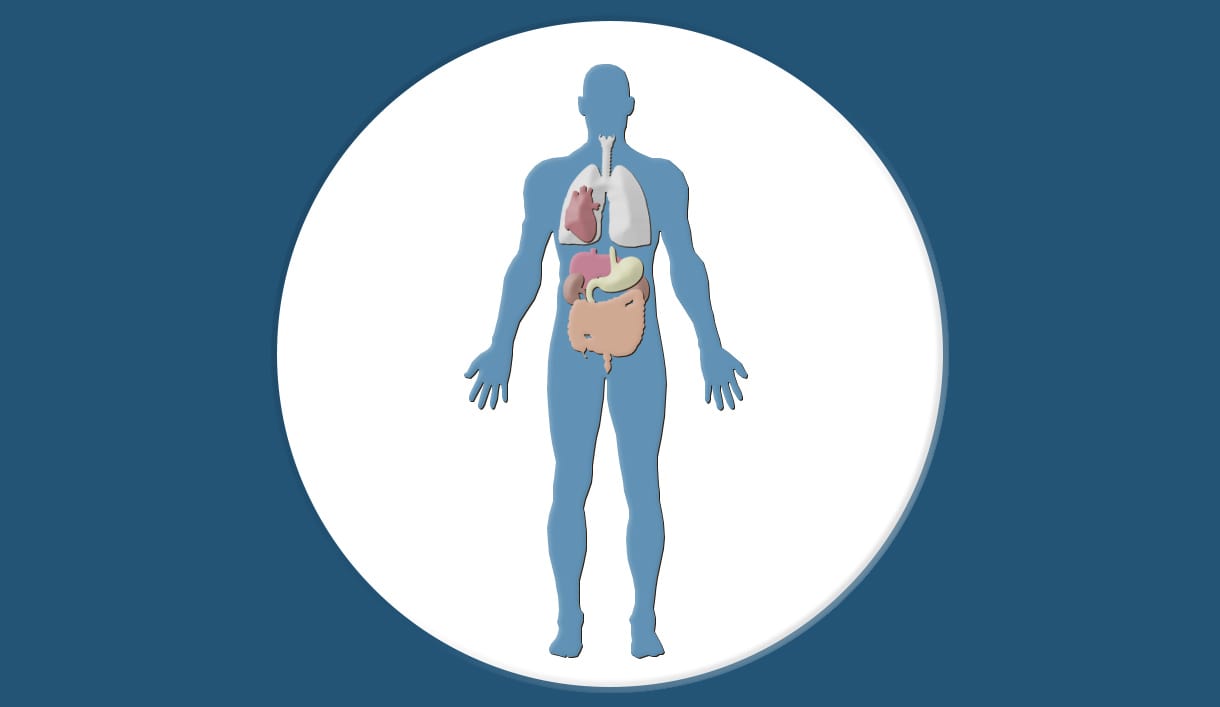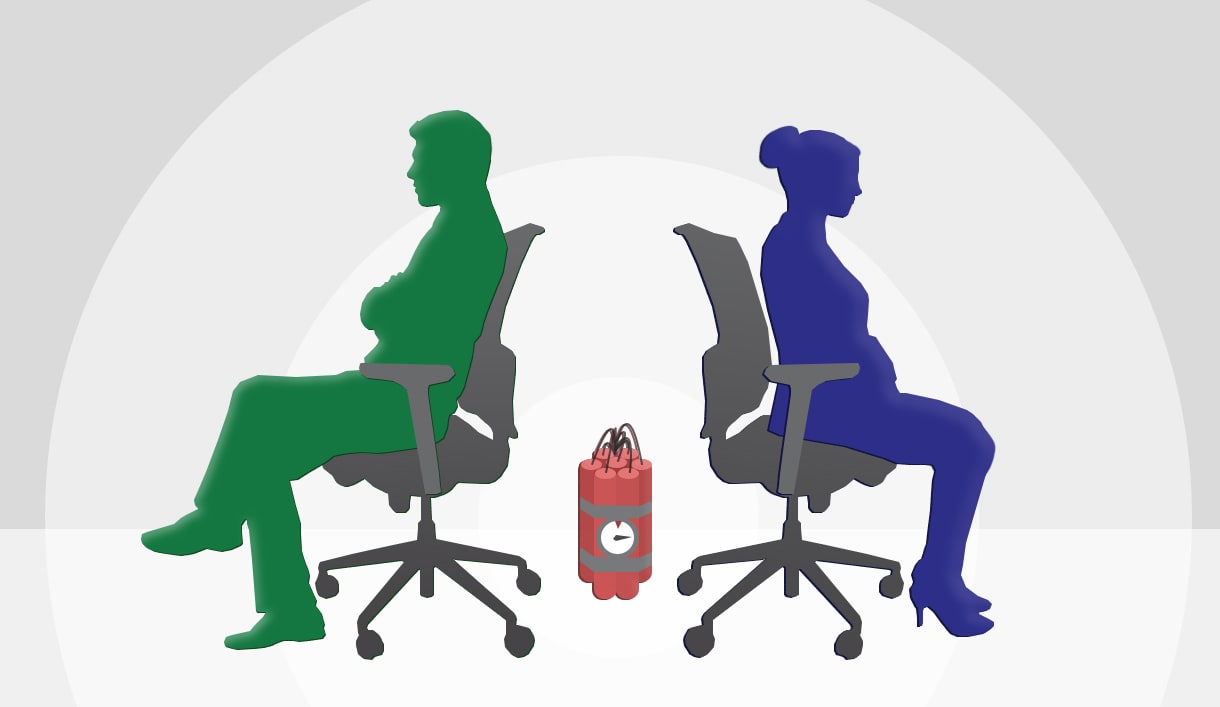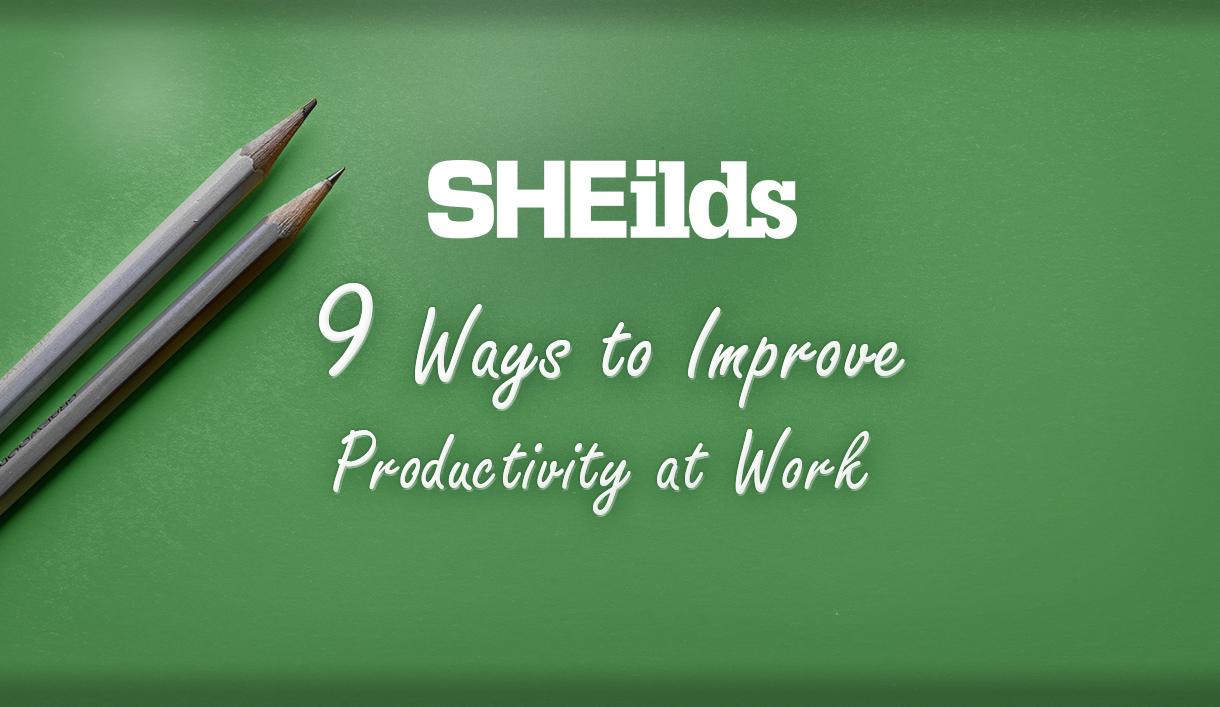Healthy Habits
Improving Wellbeing on a Work Schedule
As we firmly embrace 2017 crashing into these strange new numbers head on, many of us will be facing the harsh reality of our New Year resolutions; perhaps – just perhaps – in many cases feeling like we’ve promised just a little more than we can deliver.
Taking an educated guess, it’s safe to assume many people’s plans will consist of some effort to get back into shape, working off Christmas pudding, chocolates, alcohol or whatever seasonal vice you happen to favour. “Never again” we say pulling in our bellies, “this year will be different.”
The issue for most of us making such pledges is that in an effort to distance ourselves from the excesses of the holidays we tend to jump straight to another excess.
If you have a dedicated enthusiasm for serious exercise, sporting activity or controlled diets then staying active probably won’t be an issue, but for others it could be a problem. If you plan a routine that will be difficult to sustain alongside work and other commitments, all it takes are a few missed targets before exceptions become rules. Lots of activity becomes less, less becomes intermittent before finally defaulting to none.
To help combat this seemingly inexorable decline I thought I’d use this blog to suggest a manageable regime of healthy pointers for people with busy schedules or difficulty making time for intense exercise. For some this may present an accessible lead-in to the latter, but at the very least should reduce long-term health risks arising from inactivity.
Don’t just sit there
Beginning with one of the easiest workplace habits to immediately address; sitting in one place for extended periods has been increasingly proven to be bad for us. This includes things like computer usage, reading or driving.
Studies have shown that due to the impact on metabolism and the ability to regulate blood pressure there are links to obesity, type 2 diabetes, cancers and overall reduction in life expectancy.
The good news is that safely breaking up the time you spend seated doesn’t have to be anything too drastic; interrupting 30 to 60 minutes of time at a desk with one or two minutes on your feet moving can make a worthwhile difference. Establish a reason to get up regularly such as making hot drinks, taking business phone calls or walking to colleagues rather than emailing. Even if your work schedule is busy treat the matter as a vital work objective as important as any other.
Consider other areas of your working day that may also benefit from similar adjustments. Try standing on bus and train commutes, taking stairs instead of lifts or breaking up sessions watching TV with a few household chores intermittently rather than all at once.
If standing during work at a VDU is entirely preferable, you could even ask your employer about the possibility of a specialised workstation that fixes your monitor and input devices at standing height.
Bad Habits as Treats, Not Crutches
It would be naive and overly draconian to suggest people drop all unhealthy habits altogether off the bat – although a long-term goal is always as positive – but something we can all do is adjust our perception of them as the subtitle suggests.
Alcohol in particular for many may be a preferable social vector and way to unwind but it’s transition into a supporting crutch outside of working hours could become a dangerous slippery slope with nasty surprises for your health in the long run. It may sound patronising but keeping its consumption firmly within weekends, holidays and key social occasions serves as clear limiter, ensuring it’s part of something to look forward to rather than a coping tool you’ve become dependent on.
The same could be said for fatty takeaway foods, crisps, sugary desserts and sweets; establish a mindset where these are things to be earned on occasion rather than your staple intake. If the local chip shop is on first name terms with you, the chances are you’re in trouble!
Keep Hydrated, Easy on the Caffeine
Drink plenty of water.
“Genius” you tell me sarcastically, while swilling down your fourth cup of coffee.
The fact our water intake is taken for granted is what opens us up to inadvertent dehydration over the course of the working day. I’ve known considerate, careful people who’ve allowed themselves to become rundown, being shocked when a collapse or dizzy spells leads them to a doctor who says “you’re not drinking enough water”.
Opting to drink plain water, as opposed to fizzy/sugary drinks for this purpose is a good start as it rules out the additional health risks inherent in these – to say nothing of damage to teeth. For a detailed rundown on the benefits and how much should be drunk, we’ve written a blog about drinking water to help.
Juices and smoothies are an option to some degree which can help to address your ‘Five-a-Day’ (or indeed ‘Seven’ under some recommendations), just be wary that they lack the fibre of their solid counterparts while sugars are still present.
Coffee and teas tend to be a staple booster in most workplaces too and there’s nothing wrong with them in moderation, however there are some risks to be wary of. Drinks containing caffeine typically result in us passing more water and if consumed exclusively and/or excessively will result in sweating, stomach upsets and dehydration.
To regulate this, try sticking to a system where you match each hot drink with a cold one and stagger your caffeine intake considerately across the day with a morning-lunch-afternoon regime of three, rather than every time someone offers.
Enjoyable, not Punishing Exercise
If you can spare a little time outside of work and other commitments you may wish to adopt a moderate exercise activity.
The biggest mistake most people will make when they take up casual exercise is usually being overambitious. Whatever method you choose, set yourself a purposefully low goal initially to safely gauge your own limitations.
Considering it in the context of jogging; if you decide to run for several miles as a starting point from literally no exercise, the impact on your body will be greatly amplified. Apart from this being bad for you generally speaking, the psychological impact will largely be negative. If you’re doubled over gasping for air you’ll eventually recover but your motivation may not.
If you’re planning on taking up some form of moderate exercise start by finding something you actually enjoy to prevent it becoming an unsustainable chore. If your heart’s in it there’s all the more chance it will stick rather than being a passing phase.
Besides jogging it could be swimming, riding a bike, martial arts; anything which increases your breathing within safe limitations (take a moment to research your chosen activity first). It could be self-maintained, though formal programmes may provide more encouragement to maintain them in the future. As previously indicated start at a sensible level if you’re a complete beginner or new to this form or exercise. Many will feel inclined to push themselves but it doesn’t need to be a competition; establish your limits first then once a routine is firmly in place slowly increase them.
Additionally, try to begin your routine on a day or evening when you’re not in a rush and have time to wind down comfortably afterwards. Keeping a clear divide from other pressures will help, perhaps even making it feel like a relief from them rather than another item on the ‘to do’ list.
Small Steps
If more intensive exercises are still a problem even a fast walk for 30 minutes several times a week is better than nothing, potentially being a basis on which to build up to more activity. As with most other things in this blog, give yourself reasons to make the effort to consolidate a routine; limit car usage to so many trips or settle on routine visits to a location you find pleasant, whatever encourages and disciplines your behaviour.
Remember, incremental improvement is still improvement, so long as it’s consistently maintained and developed. No matter how pressurised your working life may seem there will likely be a few things which could be feasibly healthier.
All you need is the decision to get started and make the change. So, now you’re done reading, why not take the chance to stand up, walk around and stretch those legs?
Owen Roach









Leave a Reply
Want to join the discussion?Feel free to contribute!